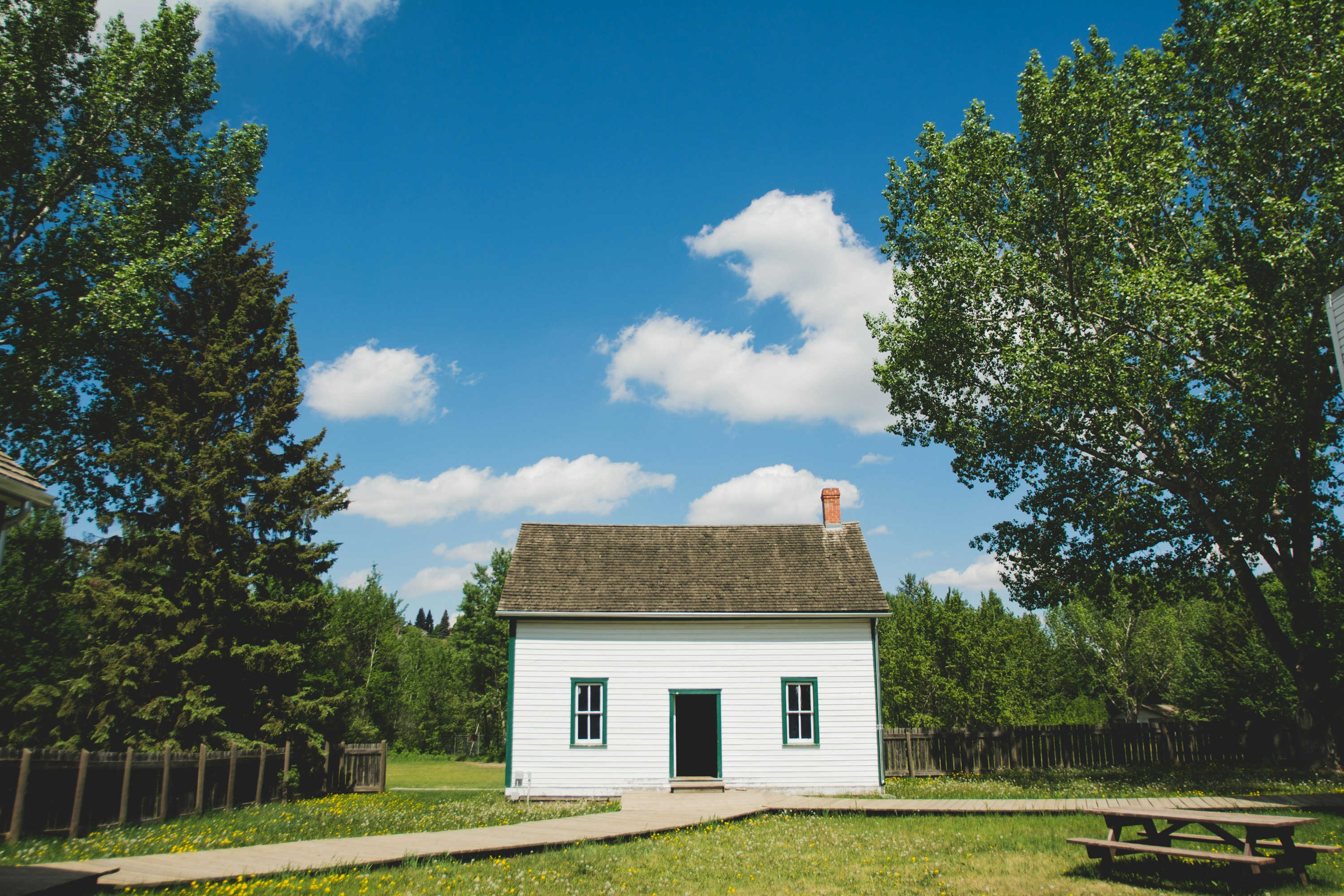Wealth
Is Now the Right Time to Buy a House, or Should I Keep Renting?
Buy if you're ready for long-term stability and can afford the upfront costs, but rent if you need flexibility and lower financial commitment.
Nov 1, 2024
Deciding whether to buy a home or keep renting is one of the biggest financial choices you’ll make. The right answer depends on your financial situation, the housing market, and your long-term goals. Let’s break it down.
Benefits of Buying a Home
• Building Equity: When you own a home, you build equity over time as you pay down the mortgage and, hopefully, the property value increases. This can lead to long-term financial gain if you sell the home at a higher value.
• Tax Benefits: Homeowners may be able to deduct mortgage interest and property taxes, which can lower your tax bill. However, keep in mind the $10,000 cap on state and local tax deductions.
• Stability: Buying a home can offer more stability because you won’t face rent increases, and you can make changes or improvements to the property as you like.
• Forced Savings: Paying off a mortgage is like a form of forced savings. As you pay down your loan, you’re building wealth that renting doesn’t offer.
Benefits of Renting
• Flexibility: Renting offers the flexibility to move without the hassle of selling a property. If you’re not sure where you’ll be in a few years or your job situation is uncertain, renting might be the better option.
• Lower Upfront Costs: Renting typically requires much less money upfront. You’ll usually need a security deposit and first month’s rent, but this is far less than a down payment on a home, which could be 20% of the purchase price.
• No Maintenance Costs: As a renter, you don’t have to worry about maintenance, repairs, or property taxes. If the roof needs fixing or the water heater breaks, that’s the landlord’s responsibility—not yours.
Key Financial Factors to Consider
• Can you afford the down payment? A down payment is typically 20% of the home’s price. If you don’t have this saved up, you may need private mortgage insurance (PMI), which increases your monthly costs.
• What’s your credit score? Your credit score affects the mortgage rate you’ll qualify for. Higher scores get lower rates, which can save you thousands of dollars over the life of the loan.
• Do you plan to stay long-term? If you don’t plan on staying in one place for at least five years, buying might not make sense due to the closing costs and the time it takes to build equity.
Example:
Let’s say you’re considering buying a $300,000 home. A 20% down payment would be $60,000, plus closing costs. Compare that to renting a similar home for $2,000 a month. If you only plan to stay in the area for two years, the upfront costs and time needed to break even on the home purchase may make renting the smarter option.
Summary
• Buy if you can afford the down payment, have a stable job, and plan to stay in the area for at least 5-7 years. The tax benefits and equity gains can make it a smart long-term investment.
• Rent if you need flexibility, don’t want to deal with maintenance, or aren’t ready for the upfront costs of buying a home.
Ultimately, the decision comes down to your financial readiness and future plans. Talking to a financial advisor or accountant can help you figure out what’s best for your situation.


